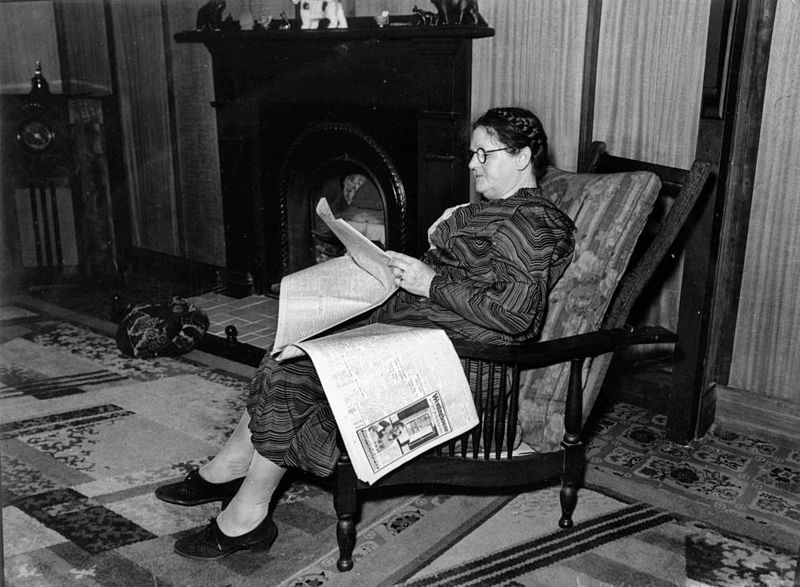feminist news round-up 10.03.16
Liddle: IWD an opportunity to bring marginalised voices to the fore
Celeste Liddle writes on the widespread ignorance of the history of Aboriginal people, particularly women, for Daily Life. The reference by Channel 7 to Port Arthur as ‘Australia’s worst massacre’ ignores earlier massacres of Aboriginal people, including the Mowla Bluff Massacre in 1916 in which 400 people were gunned down. Liddle notes that International Women’s Day provides an opportunity for women to look at their history and ensure that certain women are not left behind.
Eugenia Flynn on strong Chinese women as role models
Keeping with the International Women’s Day theme, Eugenia Flynn has written about her and her family’s experience with racism and prejudice due to their Chinese Aboriginal heritage. These experiences drove Flynn to seek out strong Chinese women as role models. She describes them here – from chef Kylie Kwong to Claudia Cream, the first Asian-born lawyer to be appointed to the South Australian Supreme Court.
Women dominating visual arts education in Australia but still under-represented commercially
A new report has found that, although nearly three quarters of visual arts graduates in Australia are women, they make up under half of all artists exhibited in both commercial galleries and state museums. The report was conducted from 2008 to 2014 by artist Elvis Richardson, and released on Tuesday to coincide with IWD. Richardson recommends that stakeholders collect and publish gender representation figures, using it to inform their decisions, as well as advocate for changes within the sector.
Biologist promises to write a Wikipedia article on a woman scientist for every harassing email she receives
Badass undergraduate biologist Emily Temple-Wood created WikiProject Women Scientists in 2012 after she noticed that many women members of the prestigious Royal Society did not have their own pages. Since then, she has received countless harassing emails undermining both her work and more personally. Temple-Wood’s pledge to create a new page for a woman scientist each time she receives such an email has inspired at least 70 other members of the project to do the same.
Why are future mothers almost exclusively burdened with the responsibility of their baby’s health?
Kali Hollaway questions why women almost exclusively bear the responsibility of their future baby’s health – from the mother’s age to their food and drink habits. Despite conception clearly involving two parties, research has found that there is a disproportionate amount of studies focusing on what women are doing wrong. The article examines the effect of the father’s age, drinking habits and diet on foetuses – all areas in which future mothers are usually scrutinised.


